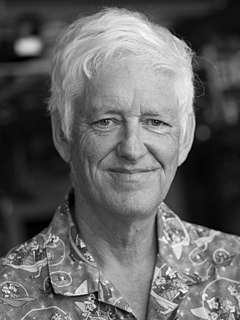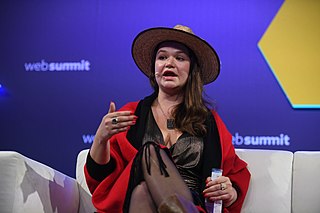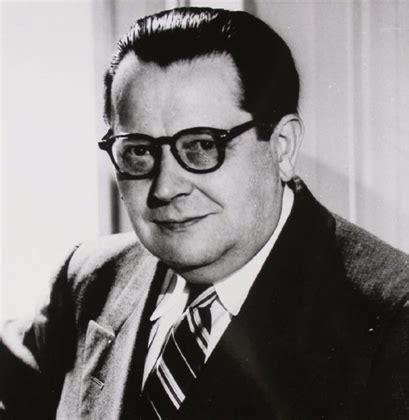A Quote by Peter Norvig
Simple models and a lot of data trump more elaborate models based on less data.
Related Quotes
Thus even supposedly unadulterated facts of observation already are interfused with all sorts of conceptual pictures, model concepts, theories or whatever expression you choose. The choice is not whether to remain in the field of data or to theorize; the choice is only between models that are more or less abstract, generalized, near or more remote from direct observation, more or less suitable to represent observed phenomena.
The only basis for even talking about global warming is the predictions spewed out by computer models. The only quote/unquote "evidence" of global warming is what models are predicting the climate and the weather will be in the next 50 to 100 years. Now, what those models spit out is only as good as the data that's put in, and it's an absolute joke. In terms of science, it's a total joke. There is no warming, global or otherwise!
For the theory-practice iteration to work, the scientist must be, as it were, mentally ambidextrous; fascinated equally on the one hand by possible meanings, theories, and tentative models to be induced from data and the practical reality of the real world, and on the other with the factual implications deducible from tentative theories, models and hypotheses.





































